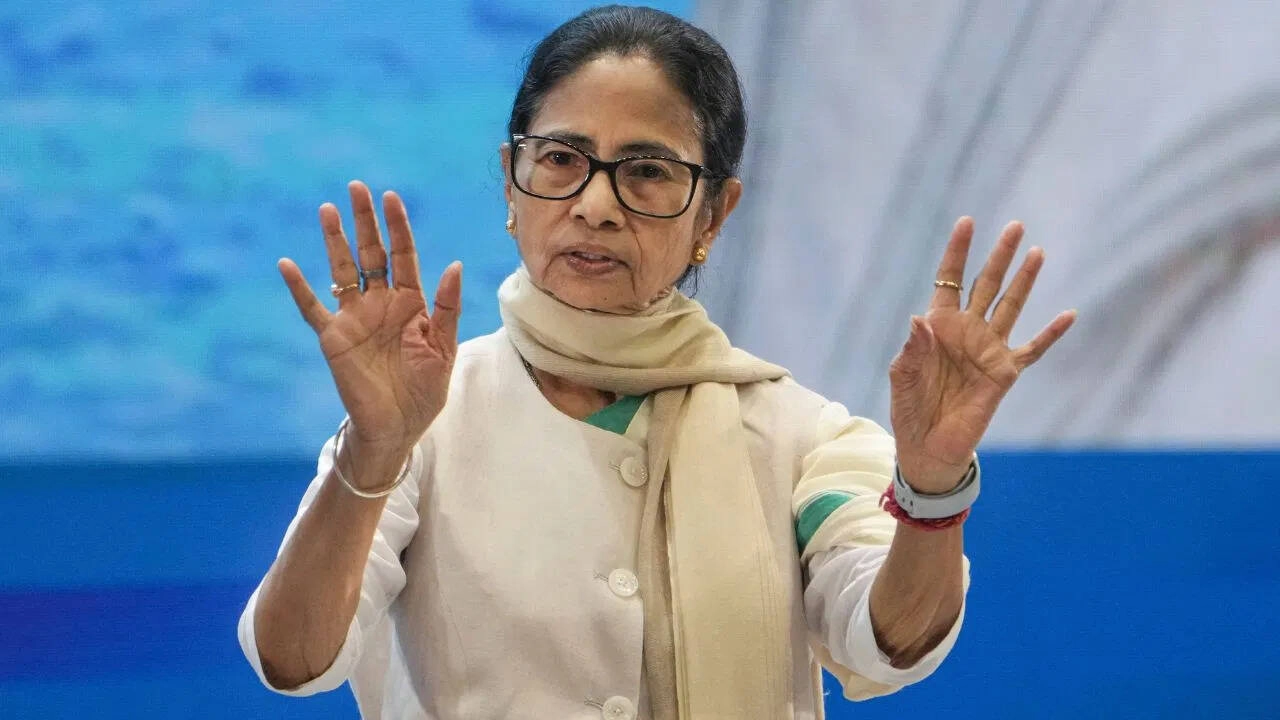India is set to welcome 15 foreign university campuses, as announced by Education Minister Dharmendra Pradhan. This initiative represents a significant step toward enhancing the country’s higher education landscape by inviting esteemed international institutions to establish a presence in India. The move aims to provide Indian students with access to world-class education without the necessity of traveling abroad, thereby encouraging the influx of global knowledge and expertise within the nation. By facilitating the establishment of these foreign campuses, the Indian government seeks to improve educational standards, promote research collaboration, and ultimately elevate the quality of higher education available to its citizens.
The initiative is part of a broader strategy to transform India into a global education hub, attracting students and faculty from around the world. This development is particularly timely, as the demand for higher education continues to grow within India, with an increasing number of students seeking specialized programs and international exposure. By allowing foreign universities to set up campuses, the government is not only expanding educational opportunities but also fostering a multicultural environment that encourages diversity and global perspectives.
Moreover, the introduction of foreign university campuses is expected to stimulate local economies, create job opportunities, and enhance the overall educational ecosystem. Indian universities can benefit from partnerships with these foreign institutions, leading to collaborative research initiatives, faculty exchanges, and enriched academic curricula. This initiative underscores the Indian government’s commitment to improving educational outcomes and ensuring that students are well-equipped to compete in an increasingly interconnected world.
In conclusion, the establishment of 15 foreign university campuses in India marks a transformative moment in the country’s educational journey. By embracing international collaboration and innovation, India is positioning itself as a leading destination for higher education in the region. This initiative not only aims to enhance the quality of education but also to foster a spirit of global citizenship among Indian students, preparing them for the challenges and opportunities of the future. As the plan unfolds, it will be crucial to monitor its implementation and the impact it has on the educational landscape in India.




